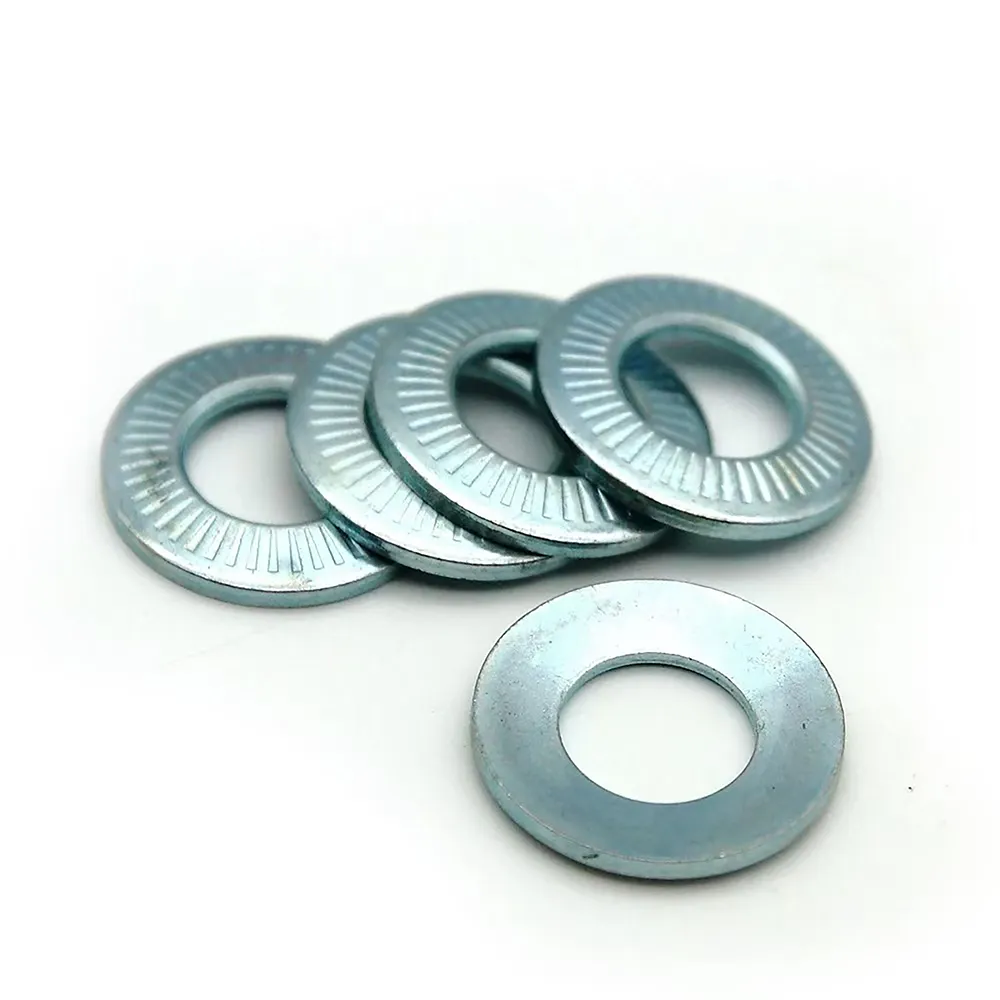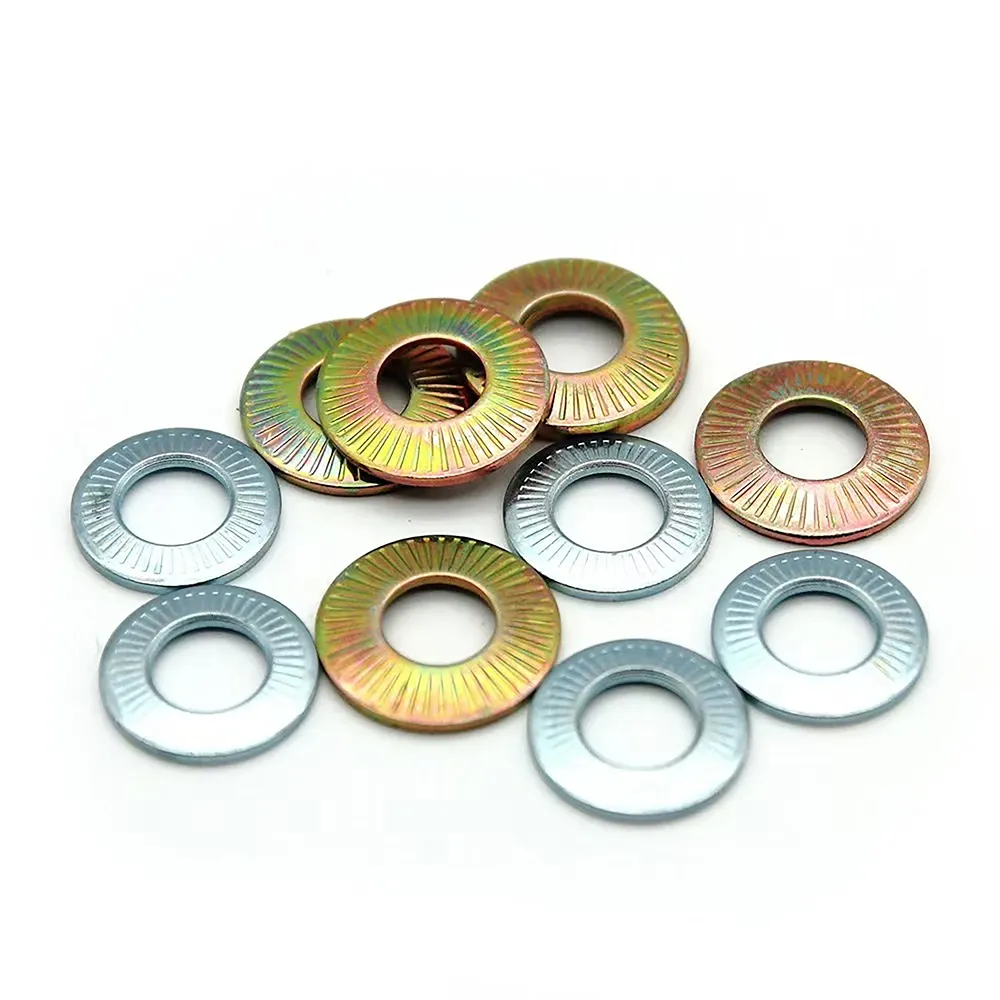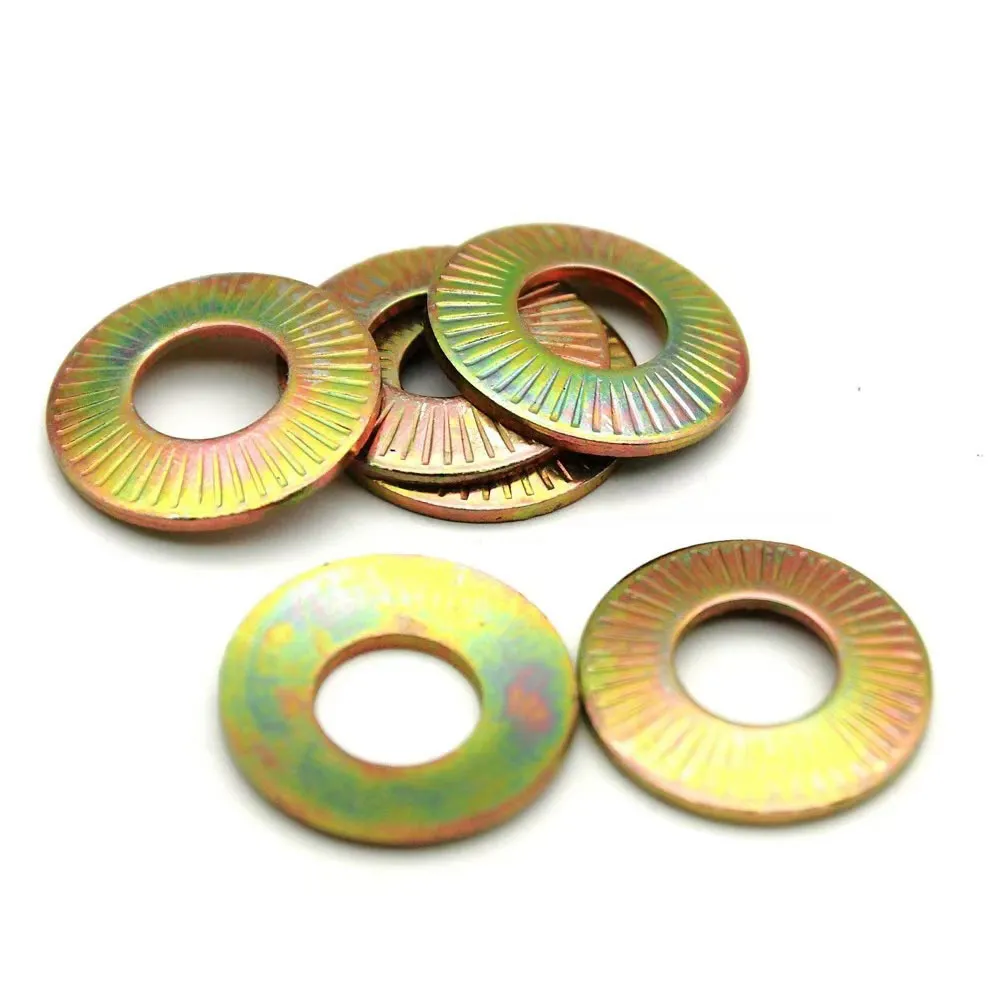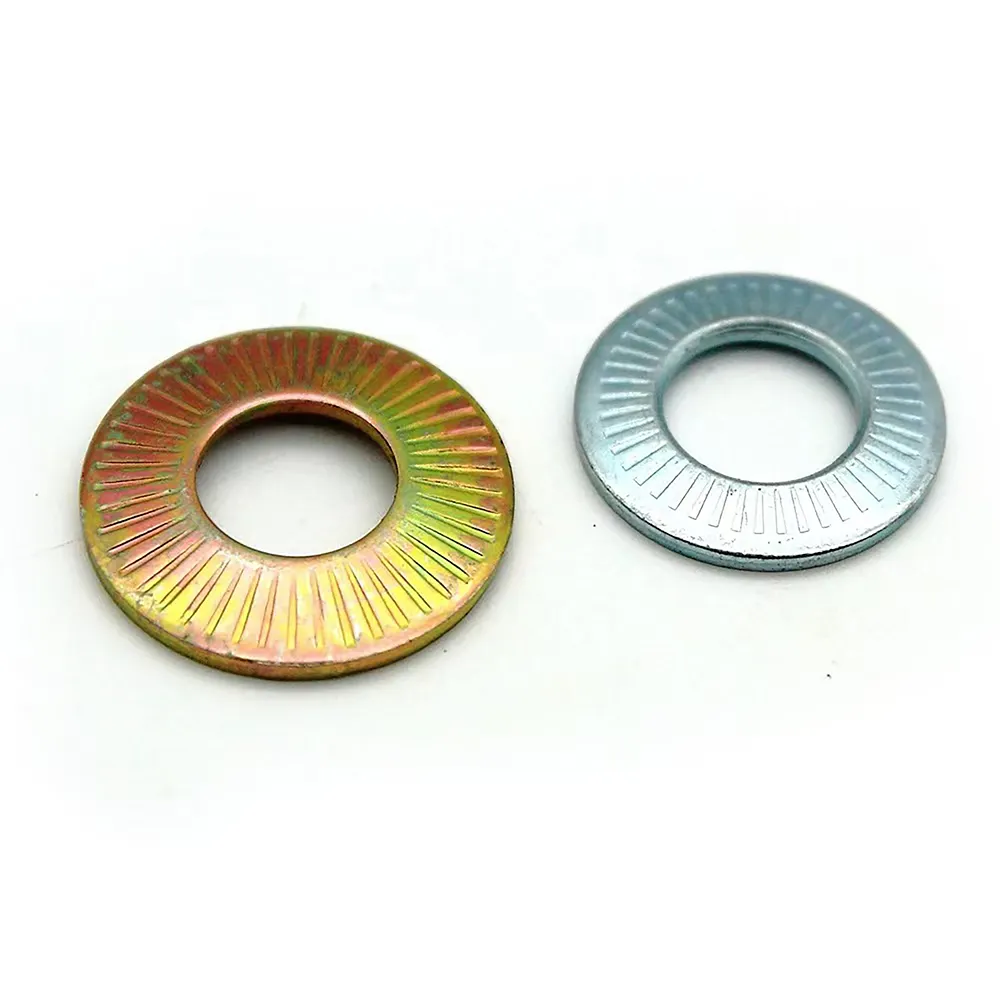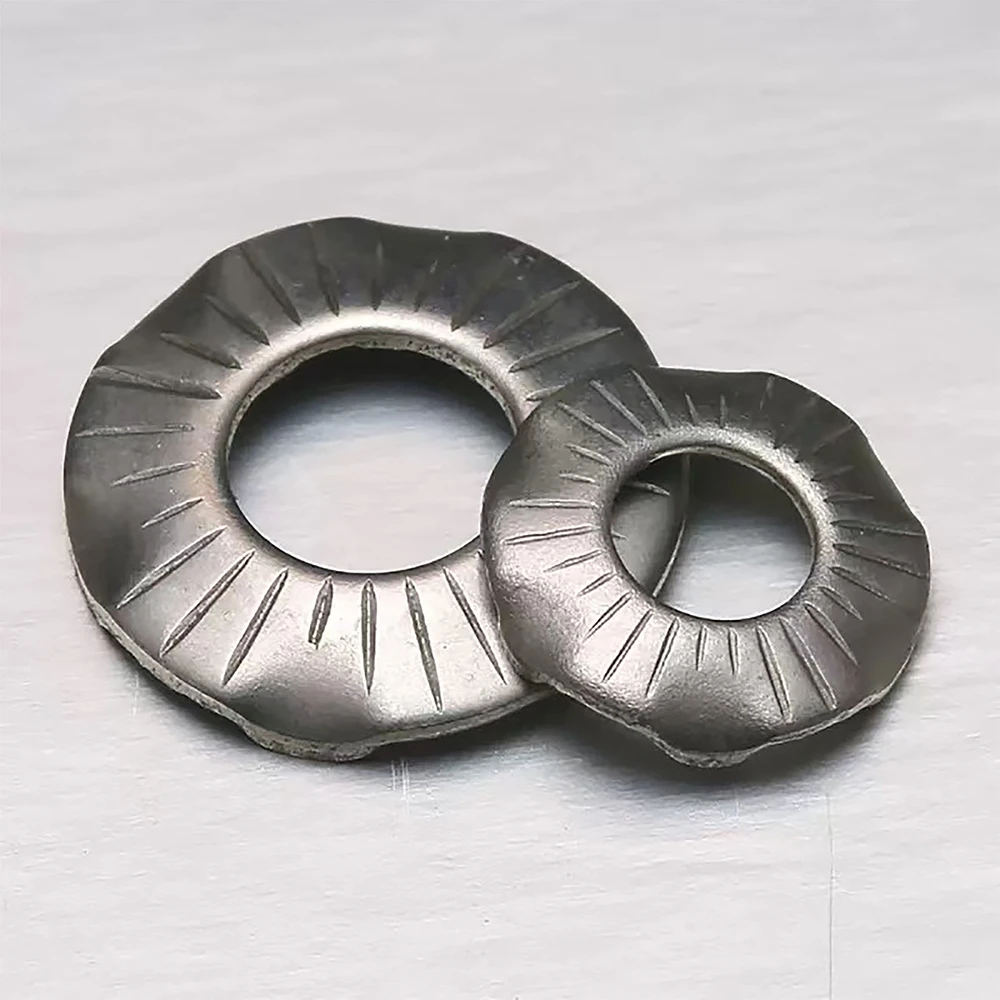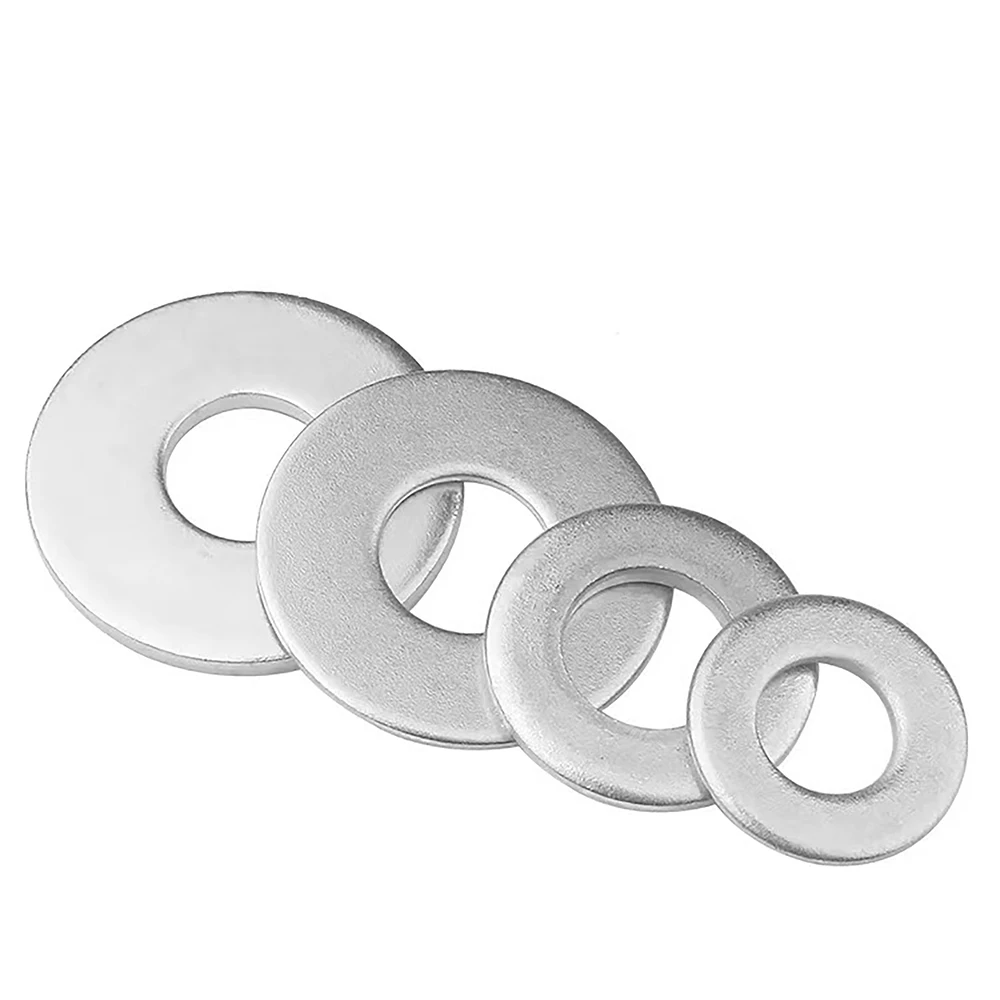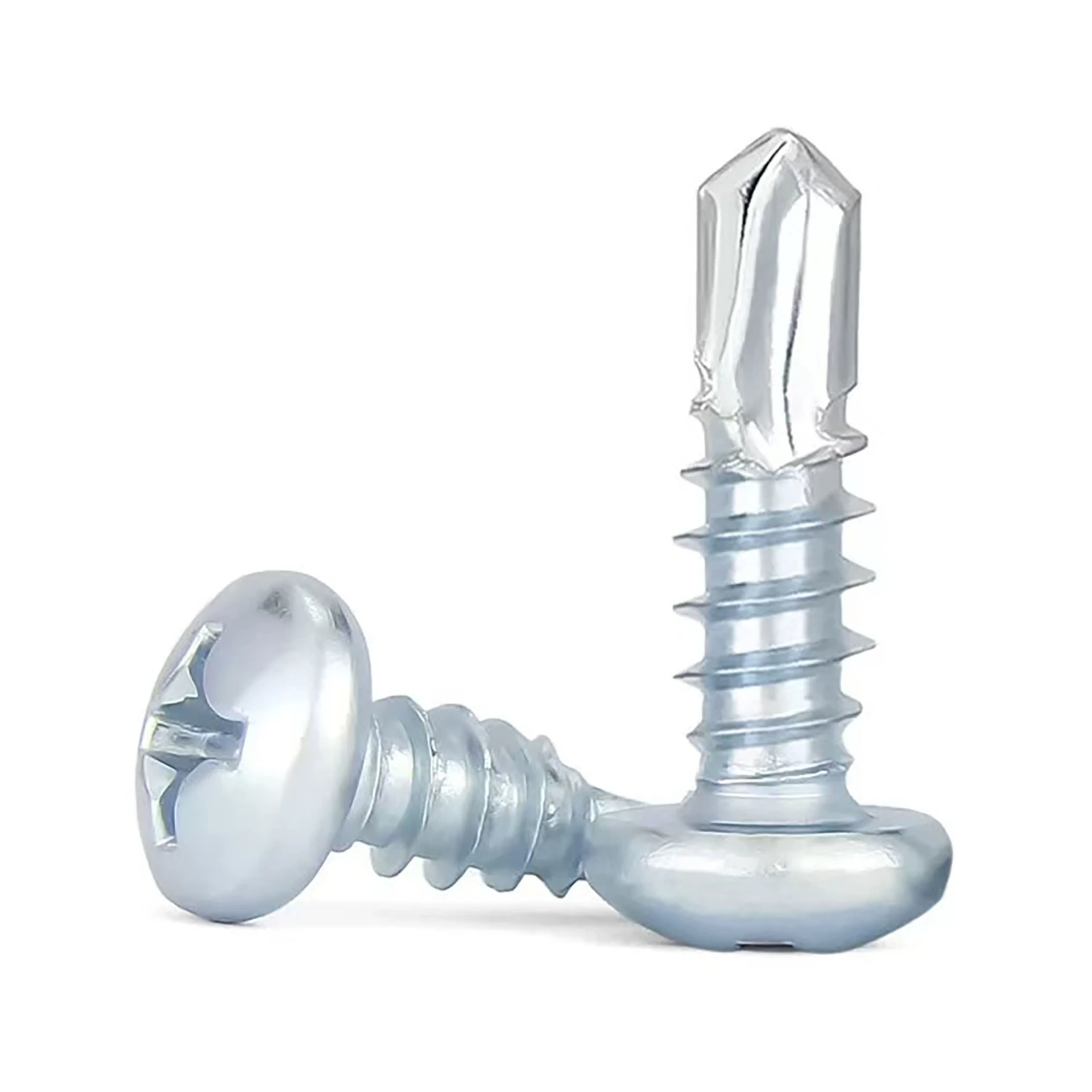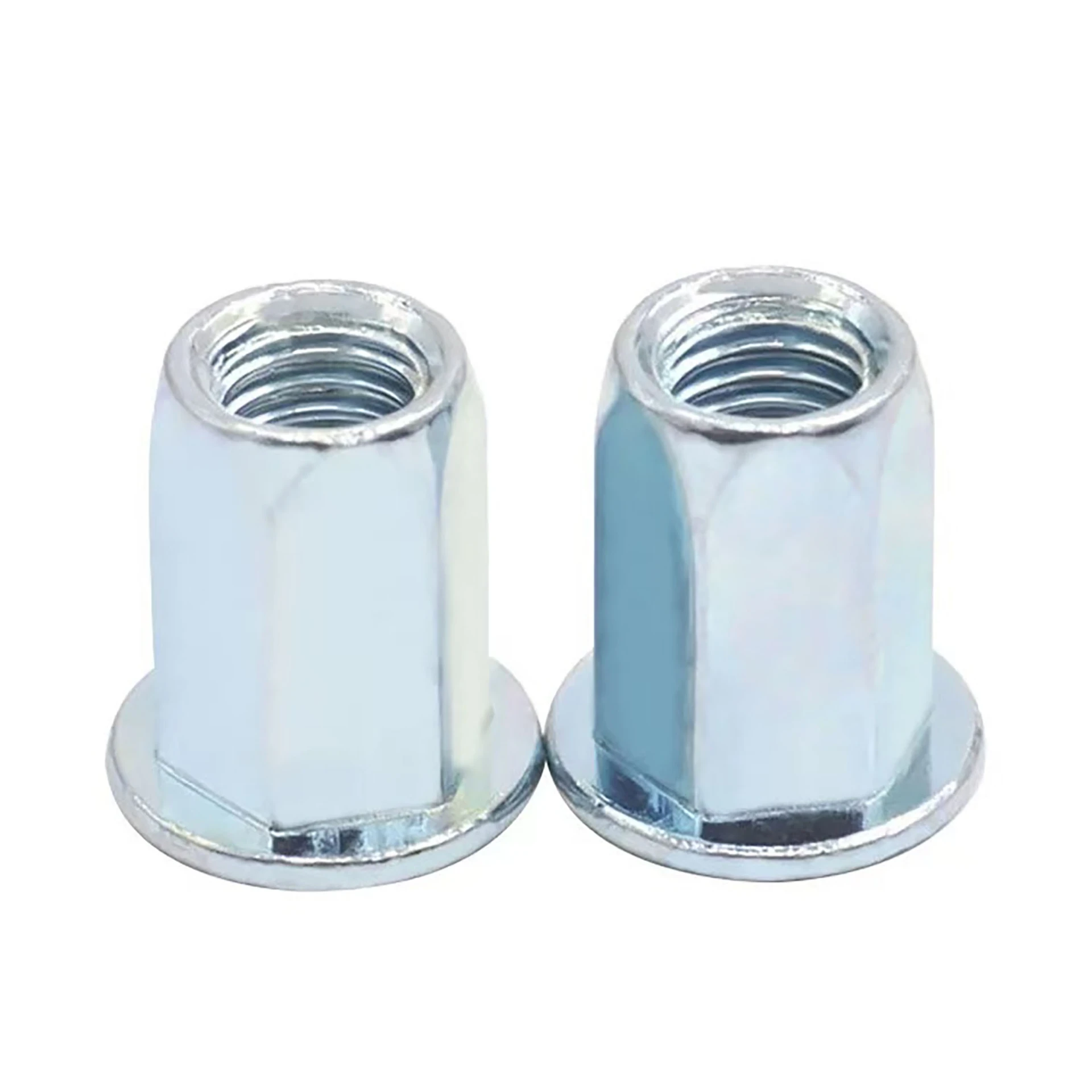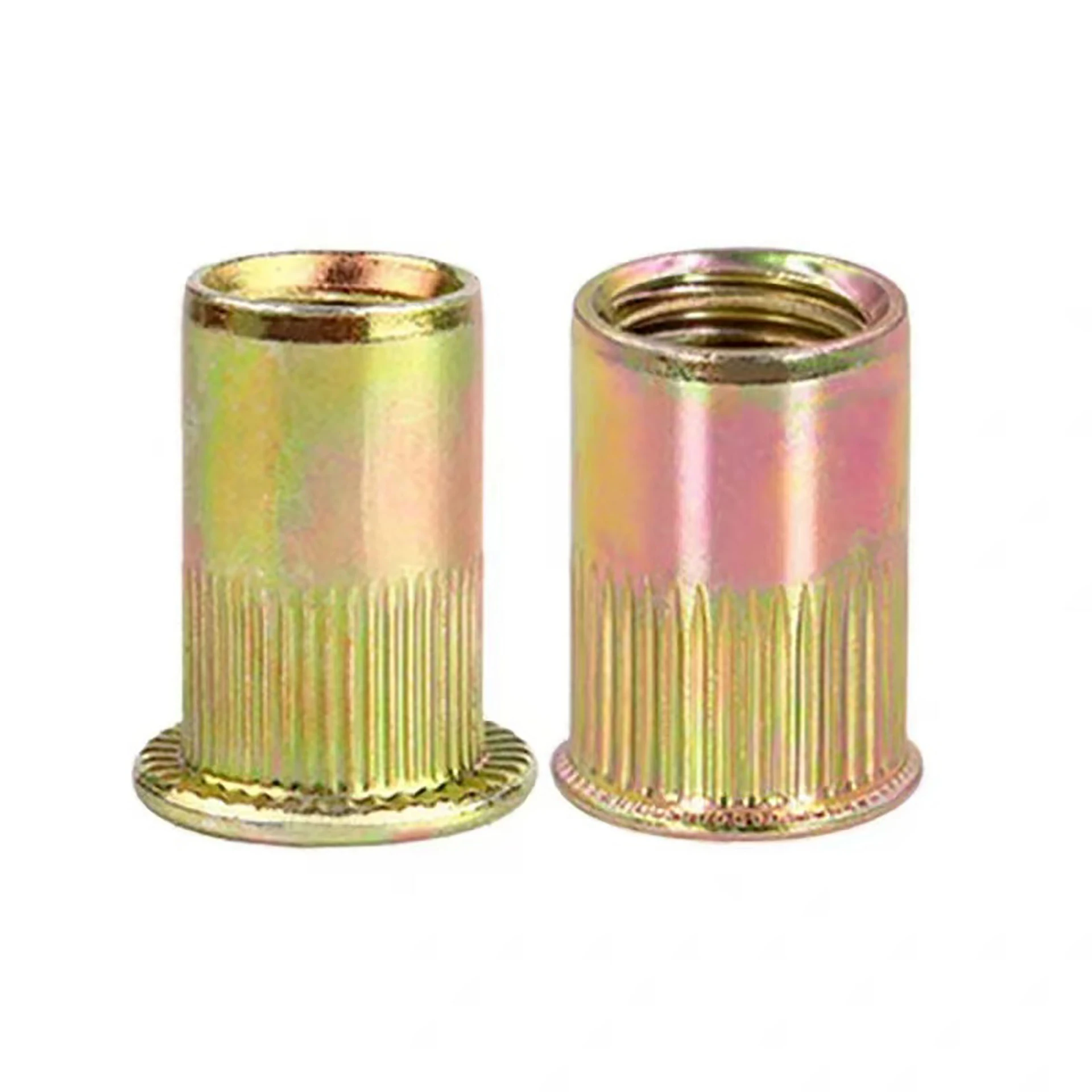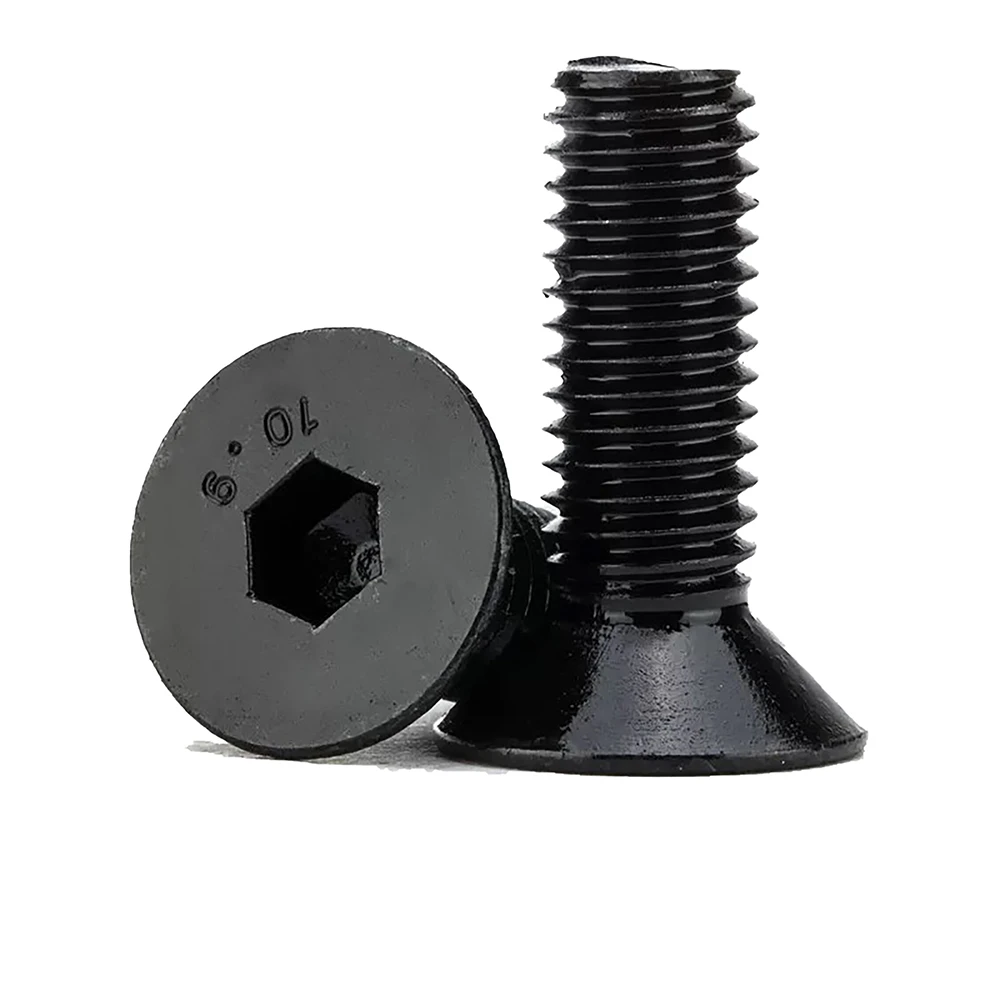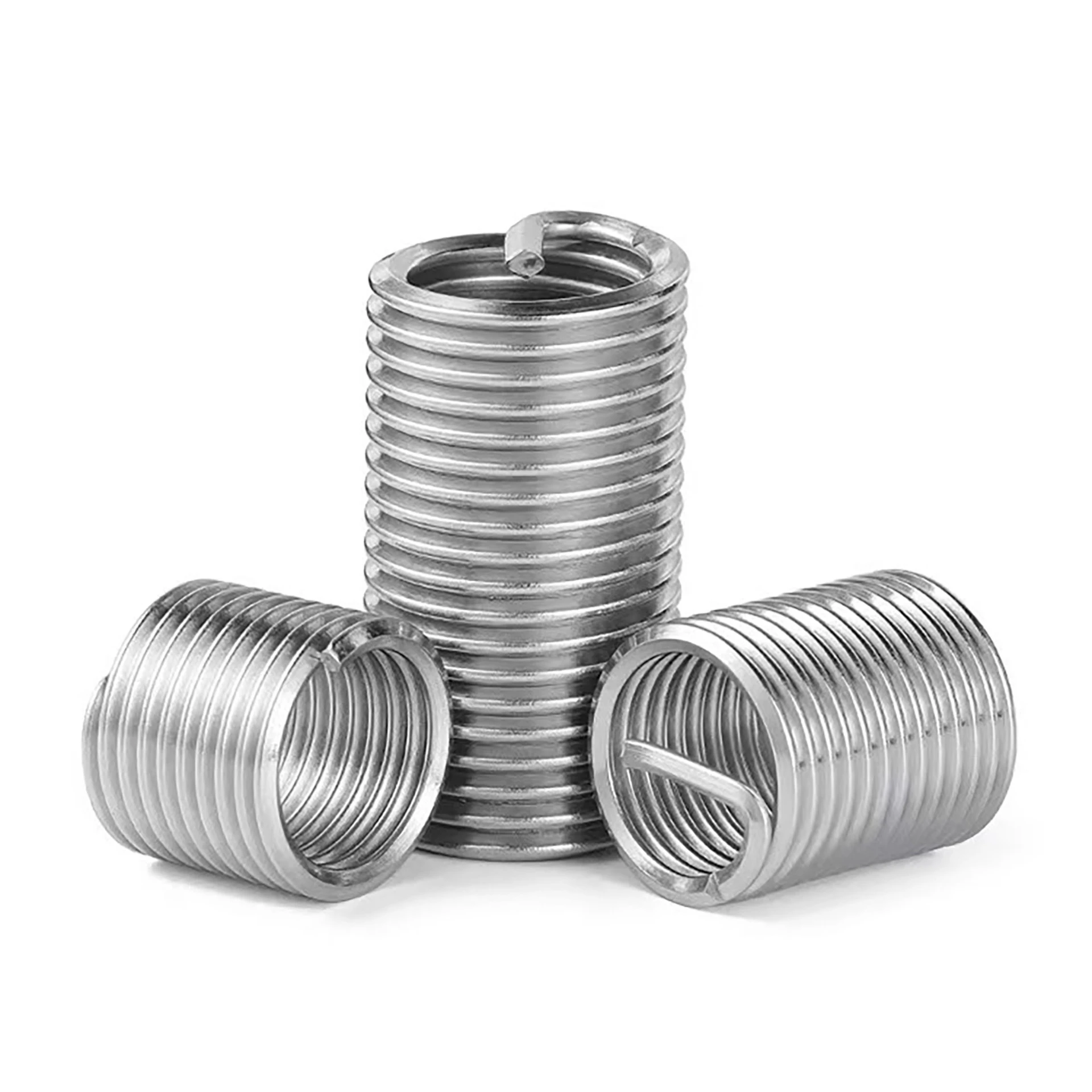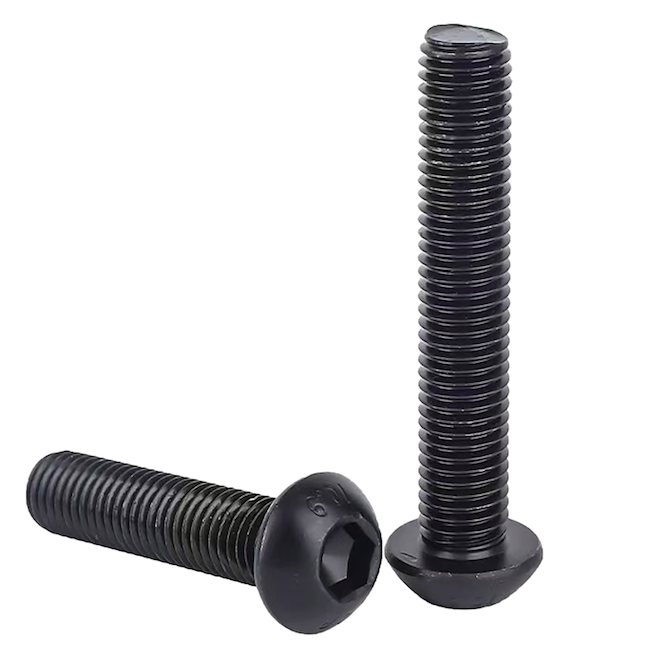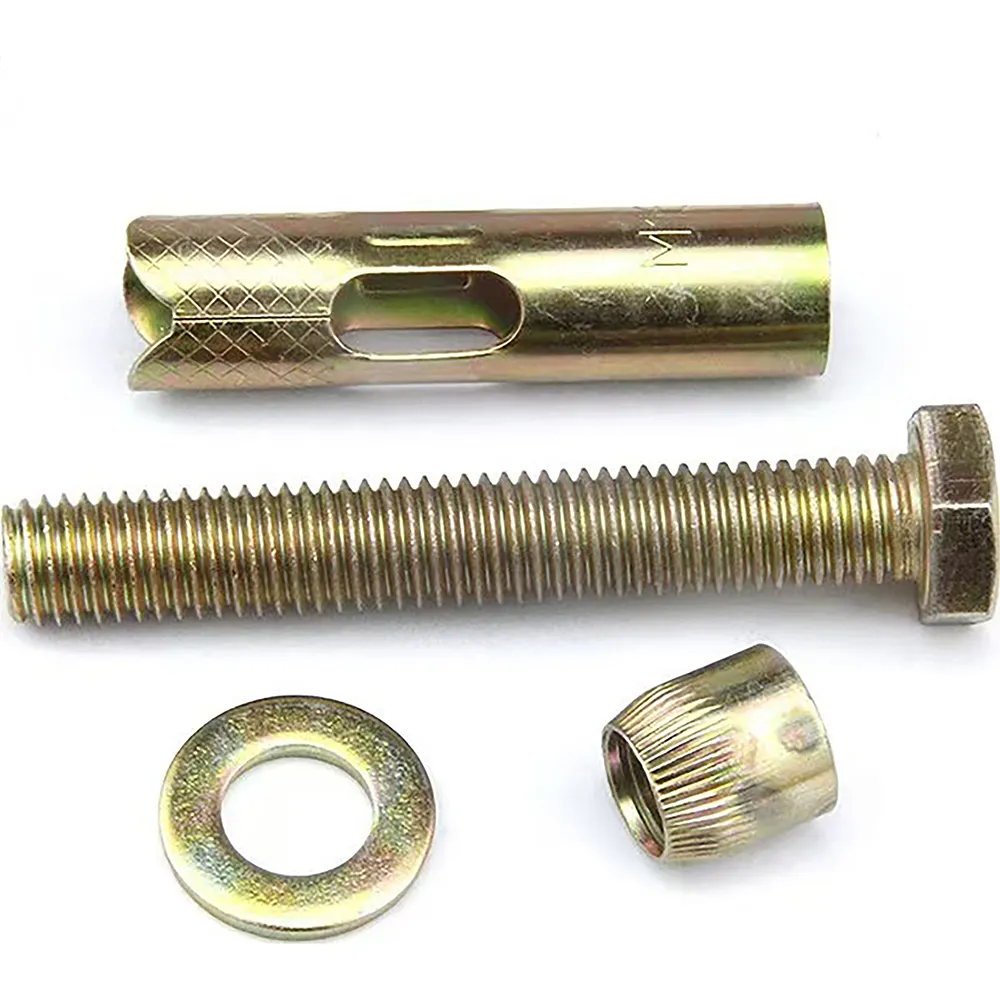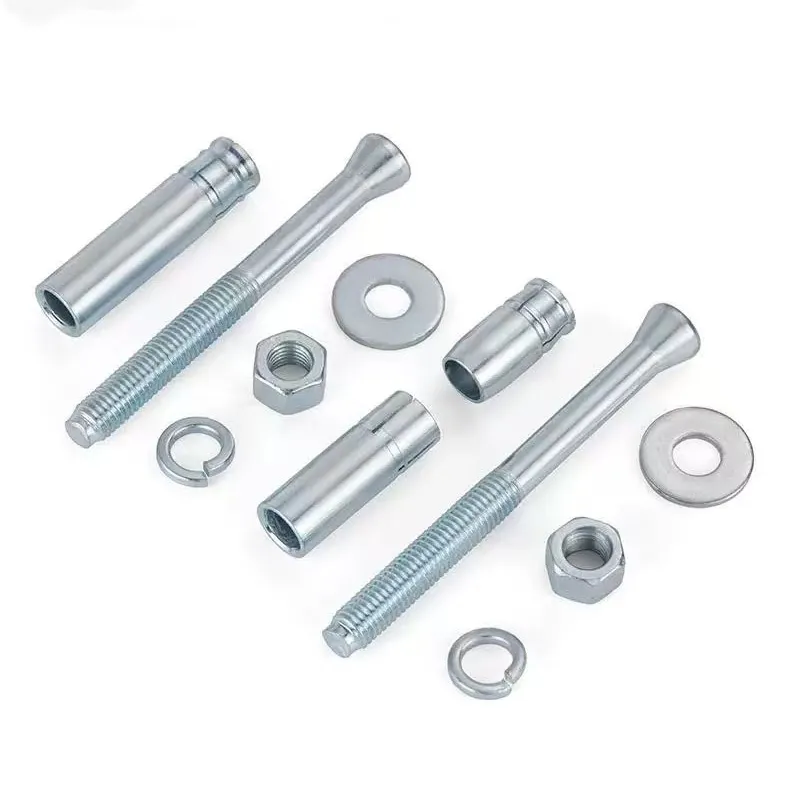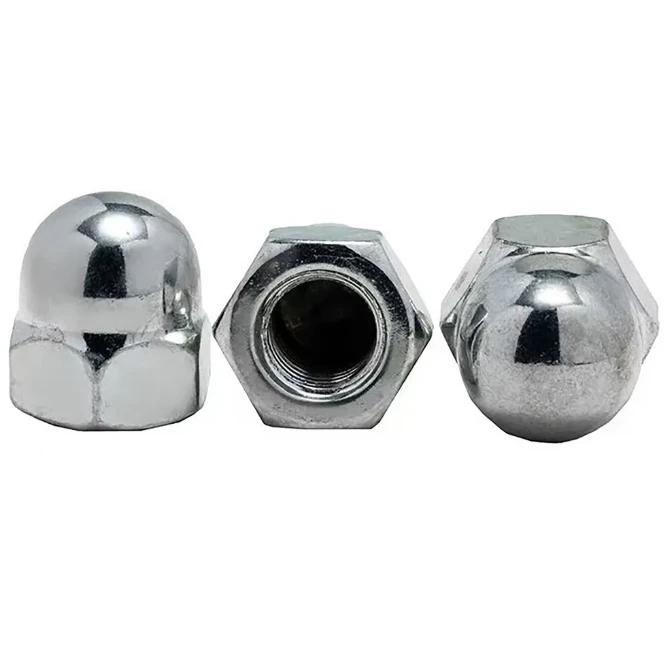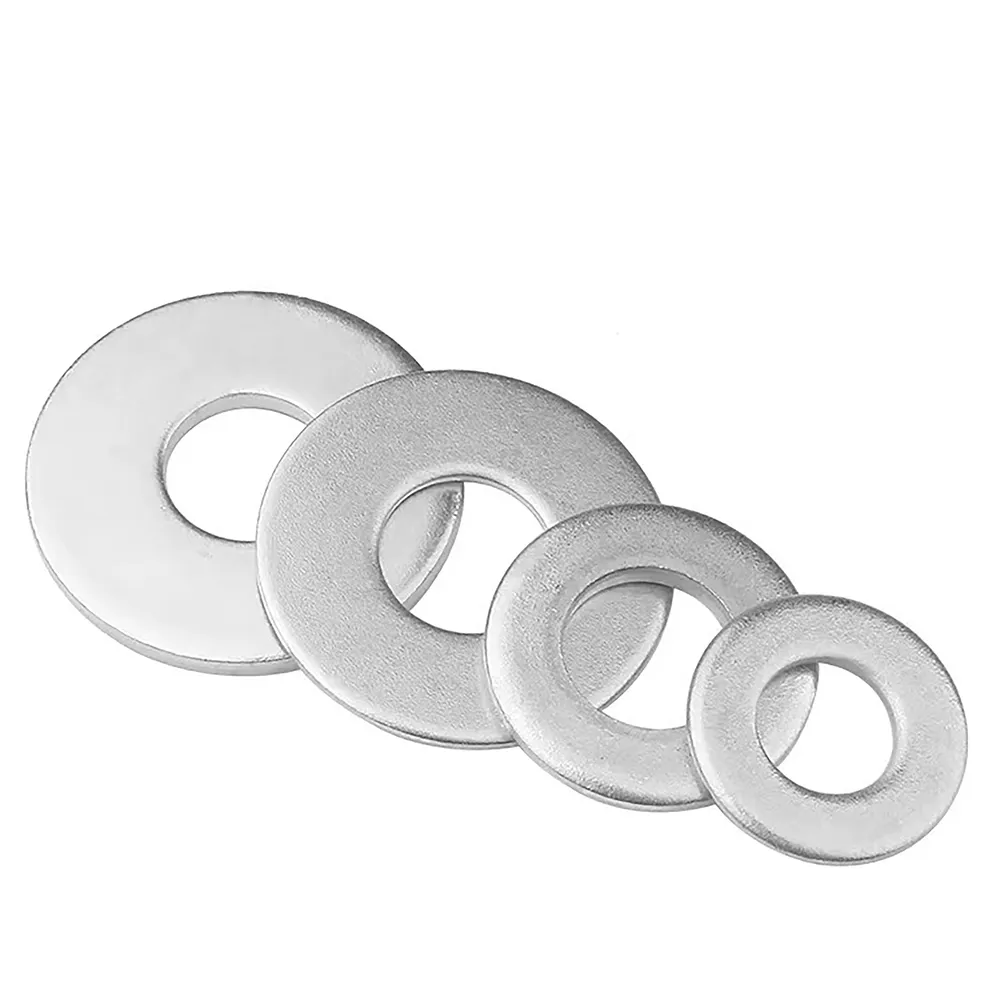Conical Washer
Technical Specifications
|
Attribute |
Specification |
Engineering Advantage |
|
Material |
304/316 Stainless Steel (AISI Compliant) |
Salt spray resistance 500+ hrs (ASTM B117) |
|
Design |
Conical spring + 360° knurled contact face |
200% higher anti-vibration force vs. standard serrated washers |
|
Locking Mechanism |
Radial knurls bite into substrate |
No pre-drilling Zero galling on soft metals |
|
Fastener Sizes |
M3 to M16 (DIN 6796 / ISO 10683) |
Full compatibility with ISO metric bolts |
|
Temperature Range |
-55°C to +300°C (316SS variant available) |
Suitable for aerospace/automotive |
|
Certifications |
RoHS 3, REACH, DIN 6796 Type A |
Global compliance guaranteed |
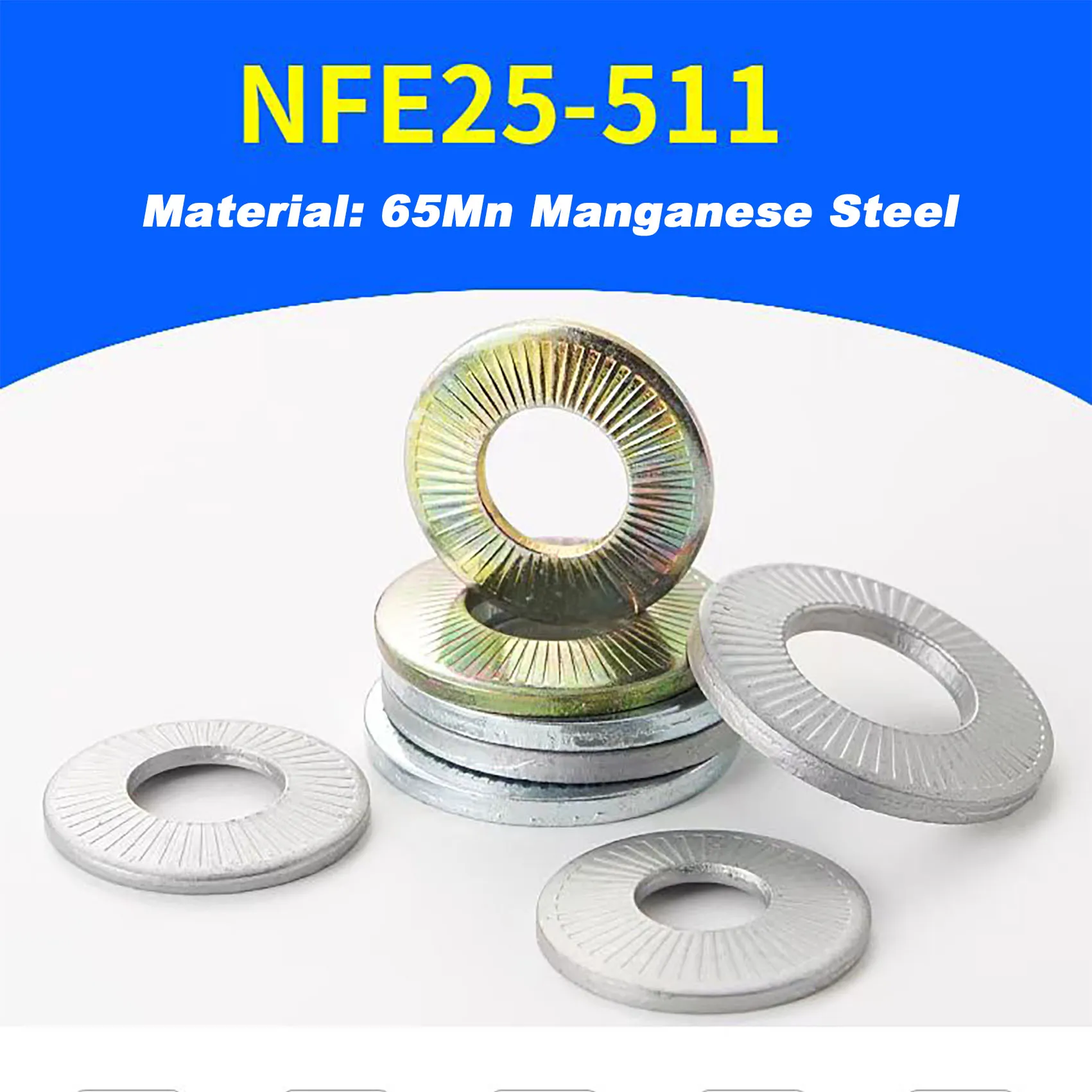
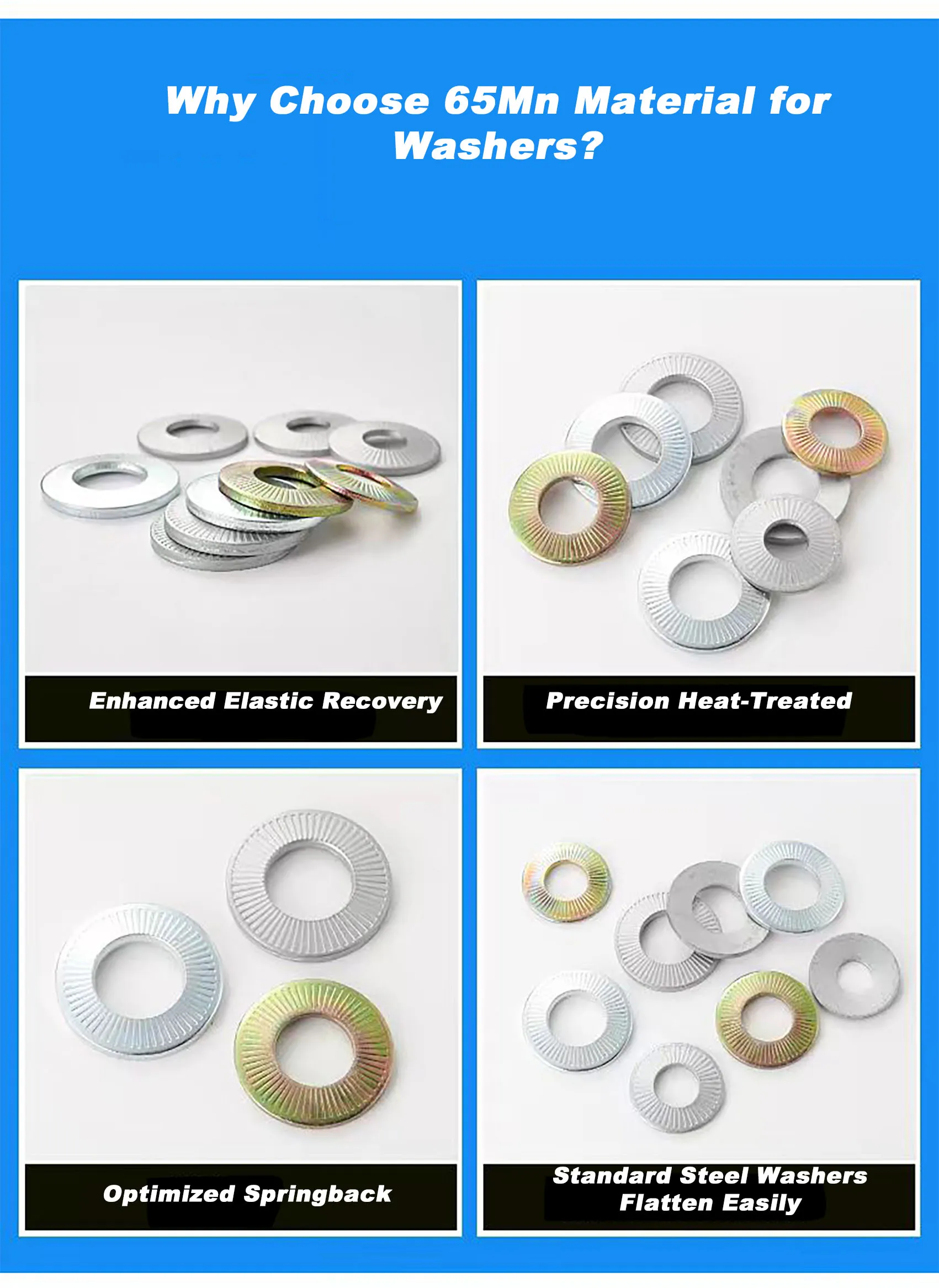
SERIVCE
Reliable After-Sales Support:Swift resolution for all technical issues & product inquiries. / 20+ Years of Global Export Expertise:Proven experience in international logistics & compliance.
Detailed Product Specifications On Request:Customizable spec sheets for informed purchasing decisions. / Instant Quote Response:Submit inquiries for prompt pricing & solution proposals.
Certified Export Documentation & Timely Shipment:Hassle-free logistics with professionally prepared export papers.
Custom Packaging with Pre-Shipment Visual Verification:Branded/secure packaging with photo confirmation before dispatch.
Premium Quality at Competitive Pricing: Industry-leading products optimized for value & performance.
